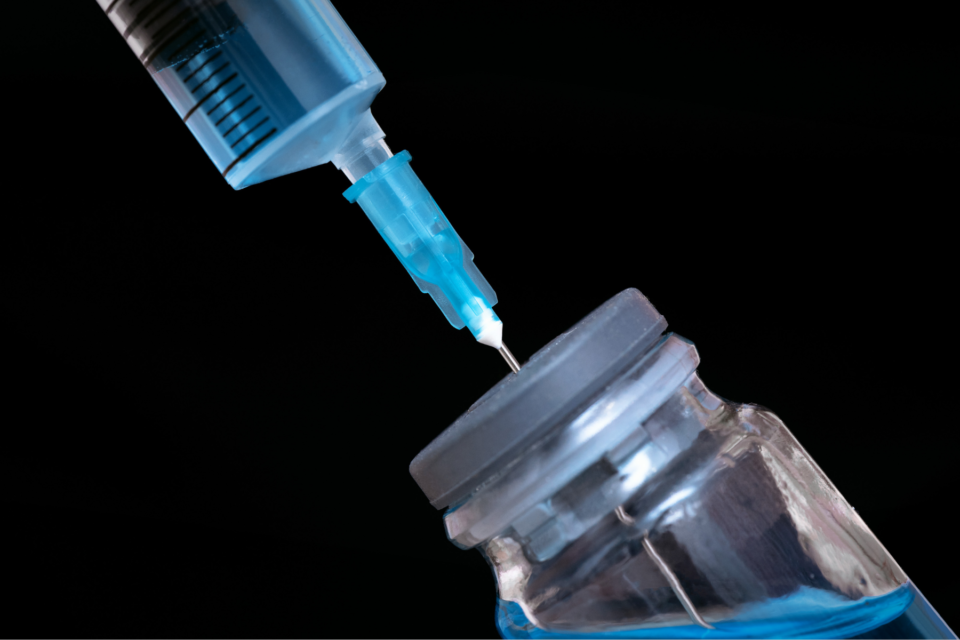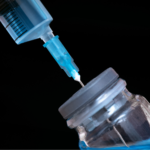Weakening Intellectual Property Protections Will Jeopardize Lifesaving Medical Treatments

Thanks to the dedication of our brightest scientific minds and most innovative companies, there are enough COVID-19 vaccines in production today to fully vaccinate everyone in the world. Last year, 10 billion does of COVID-19 vaccines were produced with 20 billion forecasted this year.
This didn’t happen by accident
Pioneering new medicines to combat disease takes time, effort, and, crucially, investment to make the journey from the research lab to the patient’s bedside. This holds true for COVID-19 vaccines, which were developed in record time thanks to previous decades of research, millions of dollars of investment, strong private-public partnerships, and licensing technology—enabled by clear and enforceable rules that protect intellectual property.
Work remains
Still, even as manufacturers produce billions of doses, the public health systems in some nations struggle to ensure these doses reach all patients. As of May, nearly 70% of the global population had received at least one dose, and this number is growing every day, but the remaining 20% are harder to reach. This is primarily due to two factors:
- Distribution challenges
Infrastructure, logistical planning, personnel, and other resources crucial to last-mile vaccine delivery are lacking in many countries. From syringe shortages and supply chain breakdowns to nursing shortages and transportation obstacles, these challenges force many countries to destroy vaccines upon expiration.
- Hesitancy
Many people who are able to get vaccinated choose not to, citing factors like complacency, convenience and confidence in safety and efficacy. While these vaccine-hesitant populations are well-recognized in high- and middle-income countries, they’re also prevalent in poorer nations.
Political scapegoating
Unfortunately, some governments are distracted from practical solutions to these problems, instead choosing to support ideologically-motivated, evidence-free ‘solutions in search of a problem’. Specifically, some governments are supporting a proposal at the WTO to suspend intellectual property protections for COVID-19 vaccines – the very rules that made those vaccines possible. Next week the WTO will hold a Ministerial meeting (“MC12”) where political pressure to take some kind of action on IP is expected to build. Such actions would carry no benefits but plenty of consequences.
Dangerous precedent
Waiving intellectual property rights for COVID vaccines could have ripple effects on investments in innovation across wide-ranging industries.The next crisis may again be related to health, or it may be energy, food security, or climate challenges that require a breakthrough solution. An IP waiver for Covid vaccines puts all innovators on notice that their research investments will be up for grabs, too.
Role for U.S. leadership
The United States must use its leadership to refocus the global COVID-19 response on real, actionable plans to get shots in arms. Initiatives to improve public education about vaccines, train healthcare personnel, build health infrastructure, and streamline regulatory processes are all steps in the right direction.
Big picture
World leaders know what needs to happen to achieve global COVID-19 vaccination. Scapegoating IP and innovators is not part of the solution and threatens the response to both this crisis and the next.


